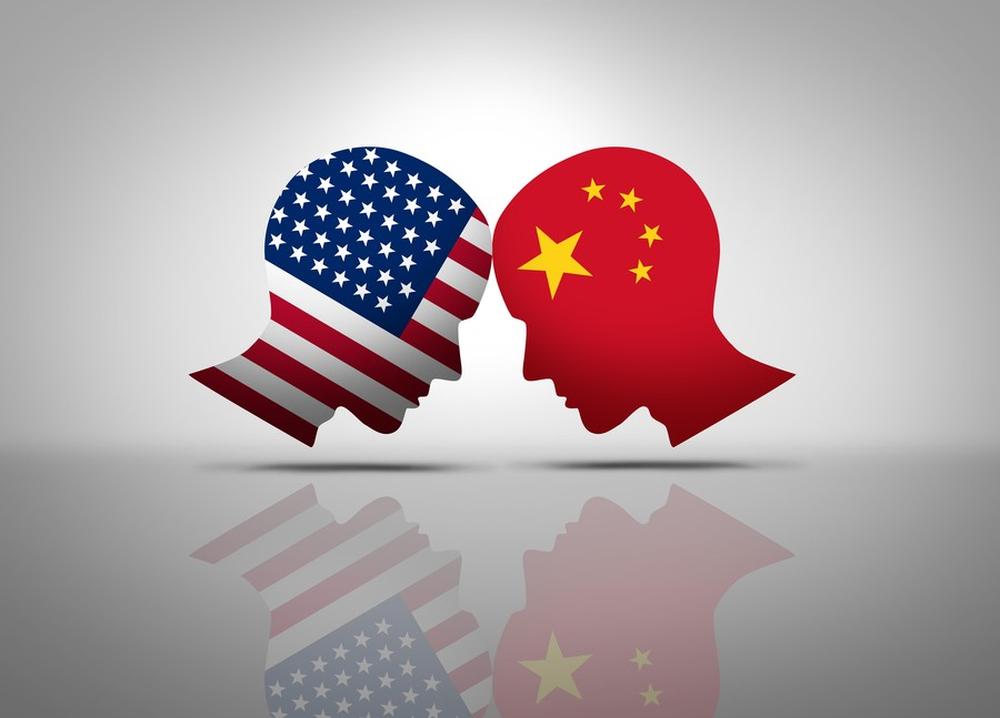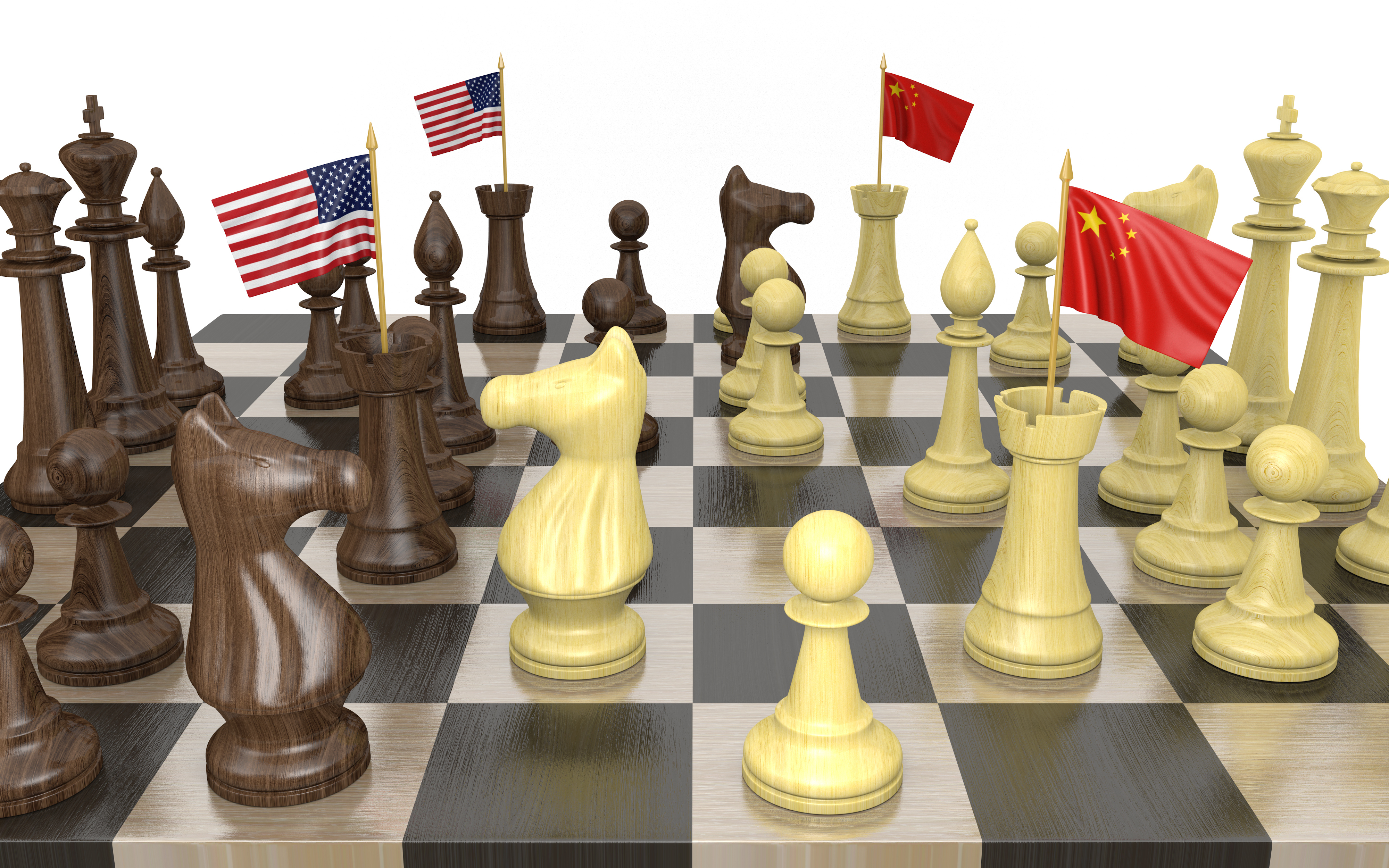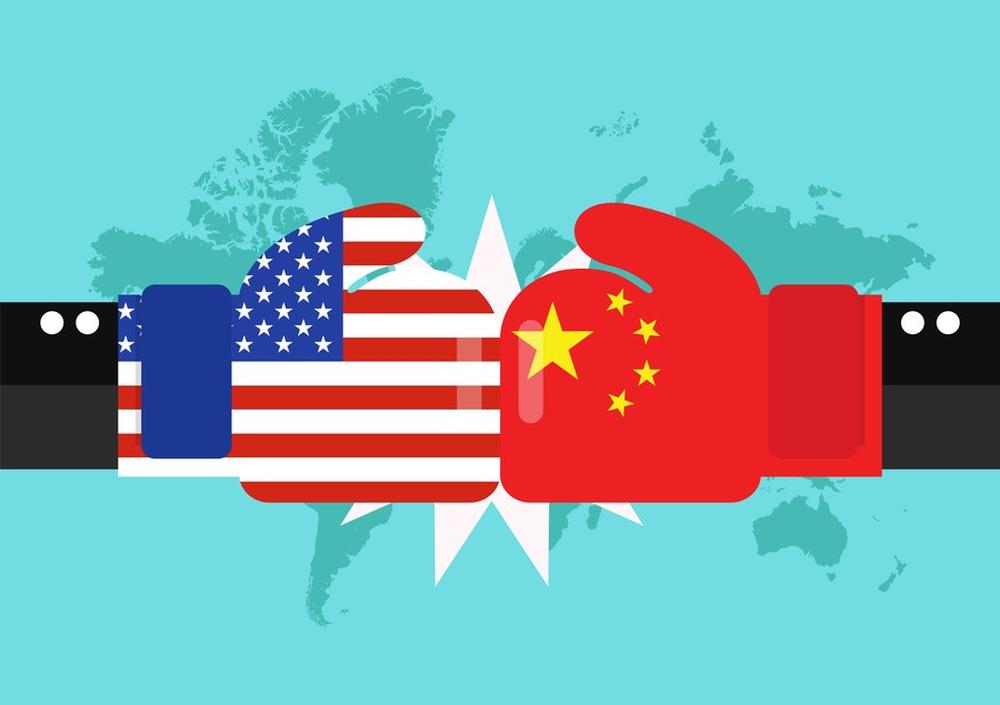- #China-US Competition
- #Economy & Trade
- #Multilateral Relations
- #Technology & Cybersecurity
- #US Foreign Policy

► Preparing for its hegemonic competition with China over advanced technologies, the United States has concentrated on establishing a domestic legal foundation that will allow her to compete strategically. Externally, she has focused on strengthening alliances and multilateral cooperation mechanisms.
► Since the strategic competition between the two countries over advanced technologies is expected to intensify, the Korean government must come up with a strategy to secure supply chains and enhance technology competitiveness.
In the Interim National Security Strategic Guidance, the Biden administration designated China as its “biggest geopolitical test of the 21st century” and, in the process, established US-China relations as a strategic competition. At a glance, the Biden administration’s China policy appears to be more or less a continuation of the previous administration’s hardline policy. However, upon closer inspection, the United States is seeking for a strategy on how to best respond to the US-China strategic competition that will ensue following COVID-19. At this very moment, the United States is focused on resolving the COVID-19 global pandemic and engaged in a competition over global vaccine supply. However, this competition is soon expected to spill over into key advanced technologies. With the arrival of the 4th Industrial Revolution, the competition over advanced technologies will play a critical factor in determining the whereabouts of global leadership. The Huawei incident during the Trump era ignited the US-China technology competition. During the Biden era, we can expect the two countries to engage in a strategic competition in earnest.
If we look back at the Biden administration’s first 200 days in office, it has implemented two strategies to prepare for a technology competition with China. First, it made efforts to establish a legislative foundation that will allow for greater innovation within U.S. domestic industries and strengthen supply chains with regard to newly emerging technologies. In June, the administration conducted a supply chain review in four critical areas, including semiconductors and batteries, deemed strategically important to the United States. This report declared that the United States will strengthen domestic productivity in these critical areas while cooperating with allies to diversify supply chains and make R&D investments in high-tech industries. Moreover, Congress is awaiting ratification of the Strategic Competition Law and the Endless Frontier Law in preparation for the tech competition with China. The Strategic Competition Law aims to curb China’s growing influence by making global investments in science technology, international infrastructure development, digital technology, and cyber security. With regard to science and technology, the bill allows for the federal government to provide financial support to American companies operating in China to achieve “de-sinicization” and to diversify supply chains. American policy of decoupling—to exclude China from science and technology supply chains—feature heavily in these bills. The Endless Frontier Law allows the federal government to financially support technology R&D, establishment of new supply chains as well as education and training. Throughout the United States, there is widespread consensus that the United States should deter China’s rise and debilitate its global influence. As such, the Biden administration’s decoupling policy vis-à-vis China has received bipartisan support and the two aforementioned laws will likely pass without much trouble.
Second, the Biden administration is trying to build up its competitiveness against China by enhancing trust among like-minded partners and reviving multilateralism. During the first meeting of the Quad on March 12, the four countries discussed cyber security, cooperation to secure supply chains with regard to rare earth minerals, and vaccine cooperation, in addition to peace and stability in the Indo Pacific. Moreover, the G7 summit meeting on June 12-13 produced an agreement to establish a collective cyber security regime in response to cyberattacks targeting the member countries’ key infrastructures. Moving forward, the Biden administration is expected to improve multilateral mechanisms such as the Quad or G7 to overcome its supply chain weaknesses and increase global investments in high-tech industries in order to lessen the global community’s reliance on Chinese technologies.
With the US-China strategic competition spilling over into high-tech industries, the Korean government faces a strategic decision. During the recent ROK-US summit meeting, the two countries agreed to a comprehensive global vaccine partnership and also agreed to improve partnership and link supply chains with regard to high-tech industries such as AI, quantum technology, 5G and 6G, and batteries and semiconductors. This has great implications for Korea especially since the United States considers these industries as a battlefront for its strategic competition with China. In other words, the Korean government as well as Korean high-tech companies may find themselves at the center of the US-China strategic competition. Therefore, the Korean government must come up with a response strategy to minimize the potential fallout from the US-China technology competition.
First, priority for the Korean government must be to secure stable and diverse supply chains with regard to high technologies. As we all witnessed during the COVID-19 pandemic, the breakdown of supply chains could result in economic downturns and national crises. Since supply chains have direct implications for national security and economic stability, the Korean government must prioritize securing stable and diverse supply chains. For this to happen, 1) there has to be a review of Korea’s domestic supply chains in critical and strategic industries. We must then identify Korea’s comparative advantage, designate key strategic industries, re-examine the supply chains in these industries, and make appropriate adjustments to supply chain weaknesses. Also, 2) Korea should review FTAs in both bilateral and multilateral settings. In order to reduce its reliance on powerful nations with regard to high technologies, Korea should actively utilize Kora-China-Japan FTAs as well as the New Southern Policy and New Northern Policy.
Second, the Korean government must come up with a method to enhance the competitiveness of Korean companies in these areas. If the US-China technology competition intensifies, the quality of their technologies could improve dramatically. Therefore, the Korean government devise a plan to actively invest in R&D and come up with a blueprint to nurture greater technology experts as a way to improve the competitiveness of Korean companies.
Third, as the Biden administration establishes US-centric supply chains, the security environment surrounding the Korean Peninsula could change dramatically, which the Korean government must be prepared for. Most importantly, 1) it must safely navigate ROK-China relations and improve its management capabilities. The Biden administration is expected to demand that its allies follow the rules and norms established by the United States. If Korea does follow the United States, it could potentially create diplomatic conflicts with China. Therefore, Korea must search for a way to best respond to Chinese norms and standards and the possibility of technology cooperation with China. 2) If the United States and China try to establish their own high-tech supply chains, it could divide the global supply chain into blocs. Korea must prepare for the worst case scenario and come up with a strategy to secure stable supply chains.
Fourth, as a global leader in science and technology, Korea must use its position to its strategic advantage and get the most out of both the United States and China. Emphasizing Korea’s strategic dilemma within the US-China strategic technology competition and accepting demands from the two sides in a one-sided and passive manner is not advisable. Korea must speak up and clarify its position on issues that go against Korea’s interests. Concurrently, Korea must show diplomatic flexibility in order to deal with potential disagreements with the United States and China.
Dr. Hyun Chung Yoo is currently a researcher at the Institute for National Security Strategy. She earned her doctorate degree from the Department of Law at the People's University of China and the Department of North Korea at Ewha Womans University. Her fields of study include "China's Digital Silk Road" (2020), "China's ASEAN Policy during Xi Jinping: Goal, Determinants, Prospects" (2019), "Korea Issues during Xi Jinping" (2019), and "China-China Relationship Status and Prospects: Our Foreign and Security Policy Implications" (2018).


